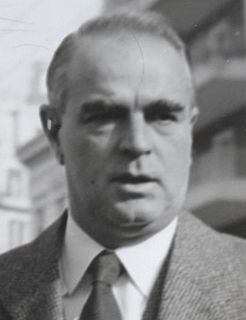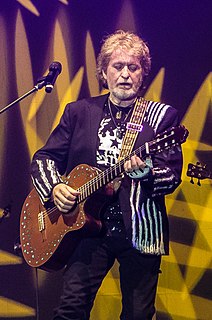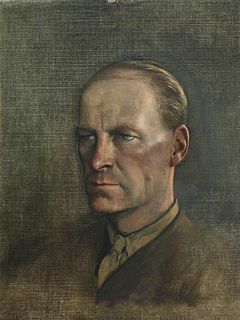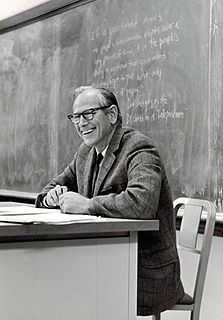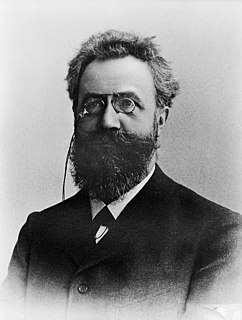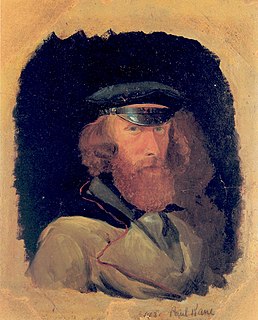A Quote by Matthew Arnold
The governing idea of Hellenism is spontaneity of consciousness ; that of Hebraism, strictness of conscience .
Quote Topics
Related Quotes
The uppermost idea with Hellenism is to see things as they really are; the uppermost ideas with Hebraism is conduct and obedience.Nothing can do away with this ineffaceable difference. The Greek quarrel with the body and its desires is, that they hinder right thinking; the Hebrew quarrel with them is, that they hinder right acting.
Remember, character is not of much value. What is valuable is consciousness - not conscience but consciousness. Conscience is created by the society. The more foolish you are, the more the society is able to create a conscience in you. It gives you an idea how to live your life. It manipulates you in a very subtle way. It hypnotizes you and conditions you. And the conditioning is so long that you forget completely that these are not your ideas.
Meditation is the art of awareness. And once you are aware, out of your awareness your actions will arise - not out of conscience. Conscience is cultivated by others, by the vested interests, by the establishment. Consciousness is yours. It is individual, it is not collective. Conscience is part of the mob psychology. Consciousness gives you dignity because it gives you individuality. It gives you rebellion, it makes you capable of saying yes or no of your own accord. There is no foreign agency manipulating you in the name of religion, morality, etcetera.
We need merely understand that the evolutionary process is neither random nor determined but creative. It follows the general pattern of all creativity. While there is no way of fully understanding the origin moment of the universe we can appreciate the direction of evolution in its larger arc of development as moving from lesser to great complexity in structure and from lesser to greater modes of consciousness. We can also understand the governing principles of evolution in terms of its three movements toward differentiation, inner spontaneity, and comprehensive bonding.
One can ask why the I has to appear in the cogito {Descartes’ argument “I think therefore I am.}, since the cogito, if used rightly, is the awareness of pure consciousness, not directed at any fact or action. In fact the I is not necessary here, since it is never united directly to consciousness. One can even imagine a pure and self-aware consciousness which thinks of itself as impersonal spontaneity.





